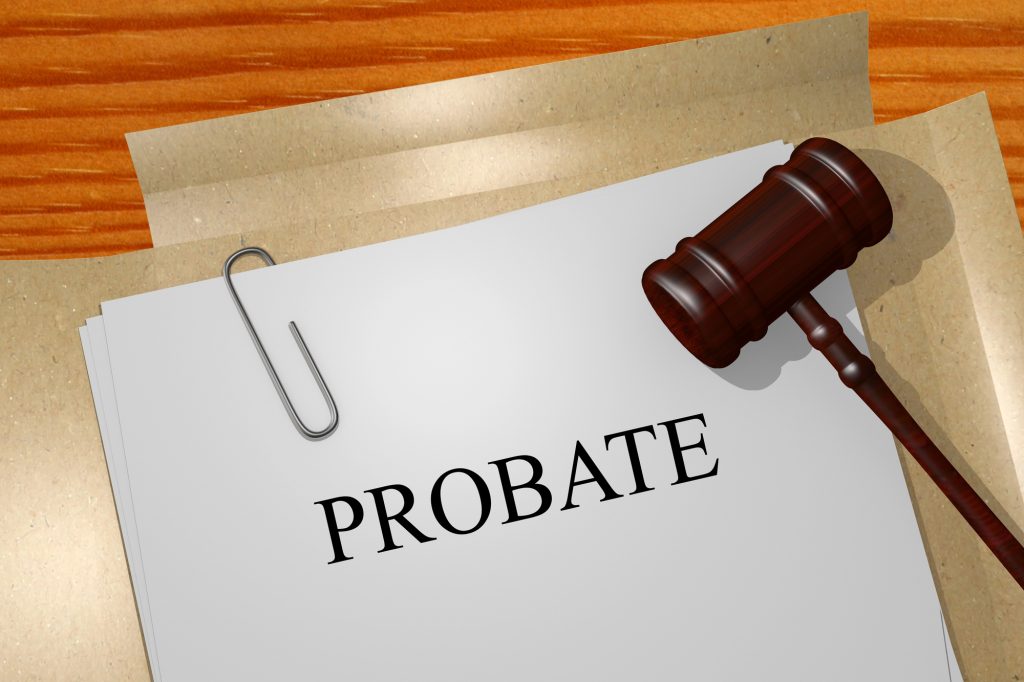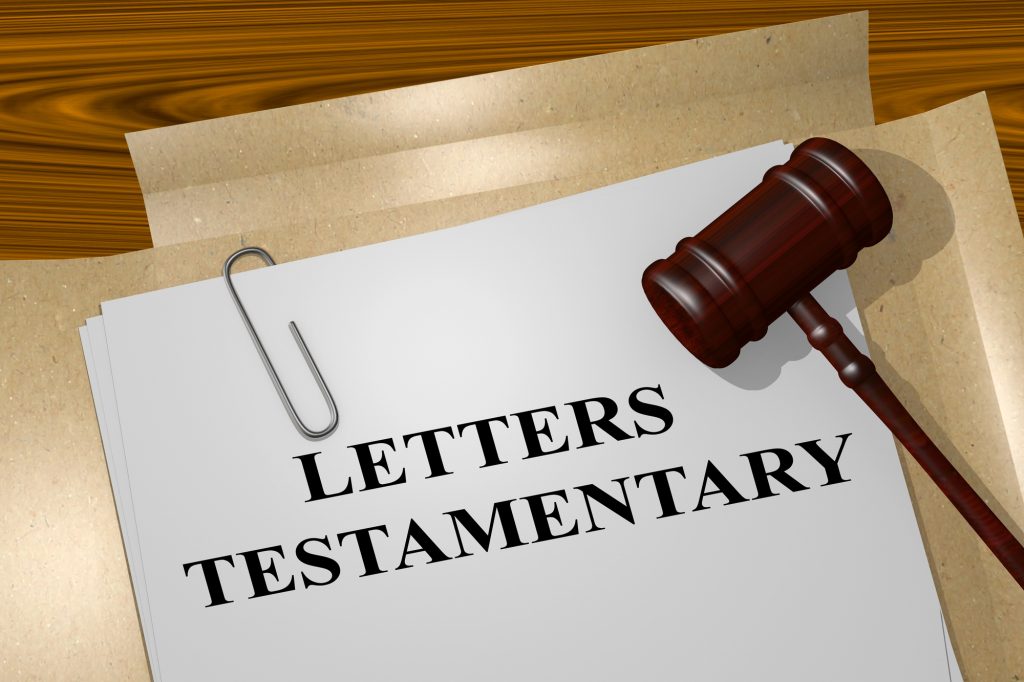
As mentioned elsewhere on this site, Informal Probate is a great deal faster, and usually a lot less expensive, than Formal Probate.
To qualify for Informal Probate (in states that even allow it), the estate cannot be either disputed or insolvent (essentially bankrupt).
In this Informal Probate process, the Executor or Personal Representative (same thing, different name) will petition the court to authorize them to act as the fiduciary for the estate by court order. The Executor or Personal Representative (“PR”) will gather together a packet of papers for the court, properly filled out, and among them are “Waivers of Notice.” These Waivers are a big part of why Informal Probate is so much faster and less expensive than Formal Probate. A Waiver is sent to each heir/devisee to fill out and sign under notary, averring that they already know about the probate, and that they waive any requirement that they be given notice by the court.
This packet of papers will also include a certified copy of the death certificate and a color scan (usually) of the Will. The court can then check to ensure all the paperwork is in order. If it is, the court will issue “Letters Testamentary” to the Executor or PR — this is simply a fancy name for the court order authorizing the Executor/PR to manage the assets of the estate.

As with Formal Probate, the probate can then be “closed” when everything is all wrapped up, which extinguishes the interests of heirs or creditors past the date of closing.